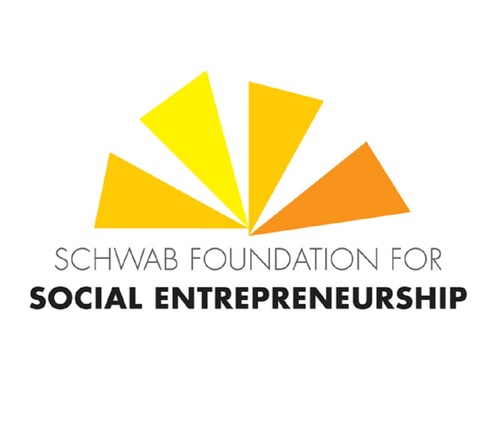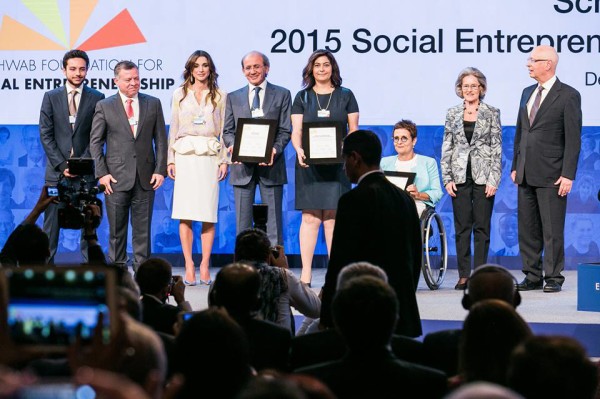In the Middle East and North Africa, there is a huge emphasis on supporting people with disabilities and advocating gender equality. The best evidence of this was last Friday at the World Economic Forum in Jordan for the MENA region where three social entrepreneurs were honored. They were recognized for the work that they do to assist people with disabilities and to promote women as capable citizens in society. About a month ago, there was a World Economic Forum in Jakarta where the Schwab Foundation also recognized impressive social entrepreneurs in East Asia who were making a difference in their communities. Worldwide, there are people who are doing more than help those in need–they are striving for change.

The MENA Social Entrepreneurs of 2015
Amina Slaoui of Groupe AMH was left wheelchair bound after a terrible accident over twenty years ago. Although she was able to find the right treatment abroad, she found upon returning to Morocco that people with disabilities were not given proper care. Inspired by this, Slaoui founded her own rehabilitation center in Casablanca and the company has grown. They provide a range of services, from occupational therapy to prostheses fittings to physiotherapy, and help about 1,400 patients.
Maysoun Odeh Gangat of NISAA Broadcasting founded NISAA to challenge the traditional view of women through compelling radio shows in Palestine. NISAA, which translates to “women” in Arabic, strives to communicate and demonstrate that women are adept and driven components in society. Although NISAA is advocating women, their radio shows are meant to be entertaining to both genders and bring men into the conversation of gender equality. NISAA has listeners for all three of their radio frequencies across Palestine and plan to expand beyond.
Pierre Issa of arcenciel (Lebanon) is CEO of a huge company that is focused on supporting and developing people who possess disabilities or difficulties. Throughout Lebanon, Arcenciel provides health services and employment opportunities to those who need it, regardless of gender, age, religion, race, nationality, or culture. They reached out to 80,000 people in 2014 and have now expanded their services to Syria as well.

